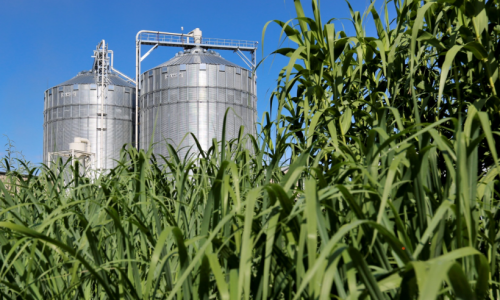The Indonesian government is pushing for the expansion of natural gas infrastructure, particularly in rural areas across Java, to decrease reliance on imported liquefied petroleum gas (LPG) and reduce related subsidies.
Deputy Minister of Industry Faisol Riza highlighted the importance of this initiative at the launch of the “Indonesia Seamless Tube” plant in Jakarta on Wednesday, November 6, 2024.
He said that with the national LPG subsidy reaching Rp400 trillion (US$25.4 billion), expanding the natural gas pipeline network (jargas) could significantly ease these costs.
The plan for Java’s pipeline network is being actively discussed within the Coordinating Ministry for the Economy, creating substantial opportunities for pipeline manufacturing companies, especially those producing seamless pipes.
In alignment with these goals, Indonesia recently inaugurated Southeast Asia’s largest seamless pipe manufacturing plant in Cilegon, Banten. Operated by PT Artas Energi Petrogas in partnership with Inerco Global International, the plant has a 250,000-ton annual capacity and produces various types of pipes used in oil and gas sectors.
This project marks a substantial investment of around Rp2.5 trillion, according to CEO Jose Antonio Rayes, with 80-90 percent of the output intended for oil and gas uses, while the remaining could benefit industries like defense.
While gas network infrastructure falls under the Energy and Mineral Resources Ministry, Faisol Riza has called for priority use of locally produced materials for the jargas expansion.
Currently, the seamless pipes meet 43 percent of Indonesia’s Domestic Component Level (TKDN) standards, and the goal is to increase this to 100 percent, thereby boosting the local economy, creating jobs, and fostering skilled labor.
Through these efforts, Indonesia aims to reduce dependence on imports, strengthen domestic production capacity, and enhance national energy security in the long term.









